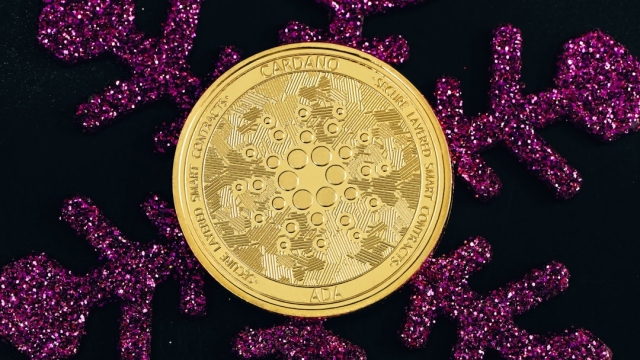For collectors and enthusiasts, understanding the value of historical coins is essential. historical coin appraisal serves as the gateway to grasping the significance of a collection, whether for insurance purposes, potential sale, or simply to gain a deeper appreciation of the artifacts themselves. By delving into the fundamentals of appraisal, the factors that influence value, and how to find a qualified appraiser, collectors can ensure they are making informed decisions about their historical coins.
Understanding the Basics of Historical Coin Appraisal
Historical coin appraisal is the process of evaluating coins based on various criteria to determine their worth. This process is crucial for collectors who wish to understand the market value of their coins, whether for selling, trading, or insuring their collection. Appraisal can also enhance the collector’s knowledge about the historical significance and background of each coin, enriching their overall experience. A professional appraiser provides a detailed analysis, often including a certificate of authenticity, which adds credibility and assurance to the coin’s value.
Factors Influencing the Value of Historical Coins
Several key factors influence the value of historical coins, and understanding these can help collectors better assess their possessions. Here are the most important considerations:
Rarity
The rarity of a coin is often the most significant factor affecting its value. Coins that were produced in limited quantities or those that were never widely circulated tend to be more valuable. Additionally, historical context can play a role; coins related to important events or figures may be sought after by collectors and historians alike.
Condition
A coin’s condition, often described using the grading scale from poor to uncirculated, is crucial in determining value. Coins that are well-preserved, free from scratches, and exhibit minimal wear are generally more valuable. Professional appraisers use specific grading systems to assess and document the condition accurately, which can significantly impact the final appraisal.
Market Demand
Market demand fluctuates over time and can influence the value of historical coins. Coins that are in vogue among collectors or that are part of a popular series may see their values rise due to increased interest. It’s essential for collectors to stay informed about market trends while recognizing that values can change based on broader economic factors.
How to Choose a Professional Appraiser for Your Collection
Choosing the right appraiser is a critical step in the historical coin appraisal process. Here are some tips to help you find a qualified professional:
Research Credentials
Look for appraisers who have formal education in numismatics or who are members of reputable organizations, such as the American Numismatic Association. Credentials ensure that the appraiser has a solid understanding of historical coins and their value.
Ask the Right Questions
Before selecting an appraiser, ask questions about their experience, appraisal methods, and fees. Inquire about their familiarity with the specific type of coins in your collection, as specialized knowledge can enhance the accuracy of the appraisal.
Understand the Appraisal Process
During the appraisal, expect the appraiser to examine each coin closely, assessing its condition and authenticity. Be prepared to provide any documentation you may have, such as purchase receipts or previous appraisals, which can help in the evaluation process.
Maintaining and Insuring Your Coin Collection
Once you have a solid understanding of the value of your coins, it’s essential to maintain and insure your collection properly. Here are a few tips:
Proper Documentation
Keep detailed records of your coins, including their appraisals, purchase history, and any certifications. This documentation not only aids in appraisals but also serves as a reference in case of loss or theft.
Care and Preservation
Store your coins in a controlled environment, using protective holders to prevent damage. Avoid handling coins unnecessarily, and always use gloves when touching them to minimize the risk of tarnishing or scratches.
Insurance Considerations
Consider insuring your collection, particularly if it holds significant value. Consult with your insurance provider about specialized policies that cover collectibles to ensure you are fully protected.
By understanding the nuances of historical coin appraisal and the factors that impact value, collectors can navigate the complexities of their collections with confidence. Whether you are appraising historical coins for personal knowledge or financial reasons, being informed is key to making sound decisions.

